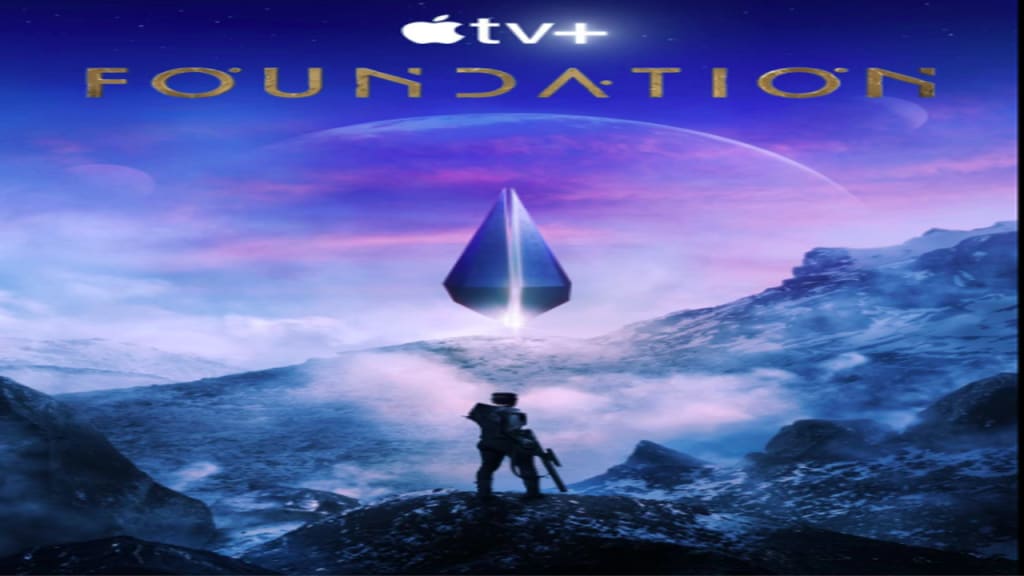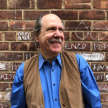Review of 'Foundation' 1.8
Divergences and Convergences

A towering, slowly moving like colossi in motion, powerful episode 1.8 of Foundation just up on Apple TV+, with new significant changes from Isaac Asimov's writing, and also replete with surprises even in the parts of this narration that were not in the original stories that appeared nearly a century ago.
I accounted for any and all divergences from Asimov in my review here last week: this TV series is an alternate history of Asimov's Foundation stories. But that's not a blank check in terms of critical review. The changes still have to work in my book for this story on the screen.
[Spoilers follow ... ]
The big one that screamed at me last night is Hari wanting to plant the Second Foundation in his homeworld Helicon not Trantor. This is a tough change for me to swallow or follow -- the Second Foundation being revealed on Trantor was one of my favorite parts of Asimov's writing, from Ebling Mis on forward. I guess I can learn to make Helicon work in the TV series. But, then again, the Second Foundation on Helicon is at this point only Hari's aspiration, not a reality, so anything's possible.
What is pretty clear, by the conclusion of this episode, is that Gaal Dornick on the screen is not the Preem Palver come early I said she was last week, nor the Wanda Seldon others said she was. She's traveling in suspended animation on a 100+ year trip back to her own world. And ... hmmm, I guess that means she could end up being the equivalent of Preem or Wanda sometime in the future, after all.
The clone story, of which we saw only Brother Day, was excellent again. To all who think Day is soulless or heartless, he did try to lend a hand to the old guy who was surrendering his life on the spiral walk. I'm not saying he has much goodness in him, but he's capable of real empathy (portrayed by especially strong acting by Lee Pace) Demerzel is, too. But so far, she remains to me a very dislikable robot.
I'll conclude with another word about the Spacers. As I mentioned when they first were mentioned in an early episode, they existed alright in Asimov's stories, but as people who lived and developed their culture on and among planets far out in space. They did not have the power to "fold" space. That, as far as I recall, was the power the "spacers" plied in Dune. What this means in the intertwining literary and cinematic histories of both the Foundation and Dune stories is that not only is Dune indebted to Foundation, but now there's a little vice versa.
And I'll be back here next week with my review of the next-to-last episode of this season.
About the Creator
Paul Levinson
Novels The Silk Code & The Plot To Save Socrates; LPs Twice Upon A Rhyme & Welcome Up; nonfiction The Soft Edge & Digital McLuhan, translated into 15 languages. Best-known short story: The Chronology Protection Case; Prof, Fordham Univ.






Comments
There are no comments for this story
Be the first to respond and start the conversation.